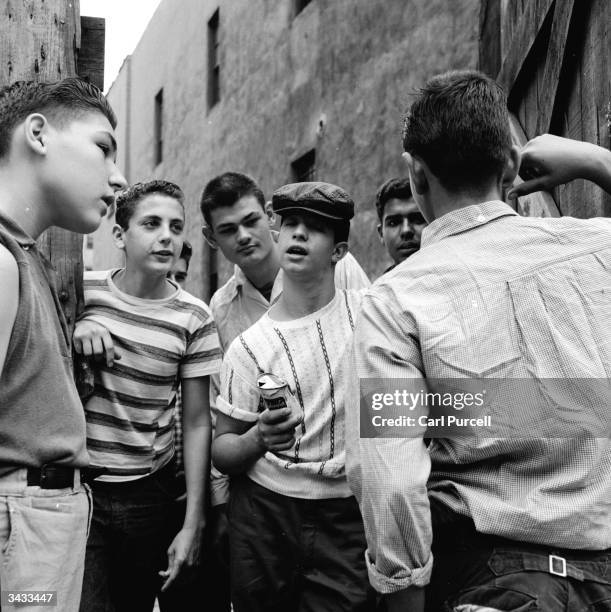Los Angeles County
Navigating the Los Angeles County Court System: A Guide for Residents and Visitors
Los Angeles County, known for its sprawling urban landscapes and as the hub of the entertainment industry, also boasts one of the busiest court systems in the United States. Understanding how the Los Angeles County Court system functions can be crucial for residents, visitors, or anyone who might find themselves navigating this complex judicial entity. Whether you're dealing with civil disputes, criminal cases, or family matters, knowing what to expect can help alleviate some of the stress associated with legal proceedings.
Overview of the Los Angeles County Court System
The Los Angeles County Court system is part of the California Superior Courts and is responsible for all local trial court matters. The court system handles a myriad of cases including:
- Criminal Cases: Ranging from misdemeanors to felonies, including traffic violations and other criminal matters.
- Civil Cases: Including personal disputes, property issues, and contract disagreements.
- Family Law: Covering divorce, custody disputes, child support, and adoption.
- Probate: Dealing with estates, wills, and trusts.
- Juvenile Matters: Addressing issues involving minors, both criminal and welfare related.
- Small Claims: For disputes involving limited financial amounts, typically not exceeding $10,000.
Court Locations and Divisions
Los Angeles County is vast, and accordingly, its court system is divided into several courthouses located throughout the county. Key locations include:
- Stanley Mosk Courthouse: Located in downtown Los Angeles, it's one of the primary facilities for civil cases.
- Clara Shortridge Foltz Criminal Justice Center: Also in downtown Los Angeles, this is the main courthouse for criminal cases.
- Michael Antonovich Antelope Valley Courthouse: Serving the northern part of the county, handling both civil and criminal cases.
These courthouses, among others, are strategically placed to serve the county's over 10 million residents effectively.
Accessing Court Services
Los Angeles County courts offer various services designed to assist the public in legal matters, such as:
- Self-Help Centers: Providing resources for those representing themselves in court.
- Case Lookup and Management Systems: Allowing parties to track case progress online.
- Alternative Dispute Resolution (ADR): Offering mediation and arbitration services to resolve disputes without a full trial.
Tips for Navigating the Court System
- Understand Your Location: Given the size of Los Angeles County, it's crucial to know which courthouse your case is being handled in.
- Prepare Adequately: Whether you're self-representing or using an attorney, make sure all necessary documents are prepared and understand the court's procedures and deadlines.
- Utilize Online Resources: The Los Angeles County Court's website provides forms, filing information, and even some case information online.
- Consider Timing: The Los Angeles court system can be slow due to the high volume of cases. Patience and proper planning regarding timelines are essential.
- Seek Legal Assistance: For complex legal matters, consider consulting with an attorney who specializes in the specific legal area relevant to your case.
Conclusion
The Los Angeles County Court system is a foundational part of civic life in the area, playing a crucial role in maintaining law and order and resolving disputes. Whether you are engaged in a legal dispute or simply looking to understand more about how courts function in one of the world's most dynamic regions, the Los Angeles County Courts are a vital resource. By taking advantage of the available resources and understanding the structure and functions of these courts, individuals can better navigate their legal journeys.
For those needing more detailed assistance or facing legal challenges in Los Angeles County, consider reaching out to legal professionals who are well-versed in local laws and court procedures to ensure that your legal matters are handled efficiently and effectively.


